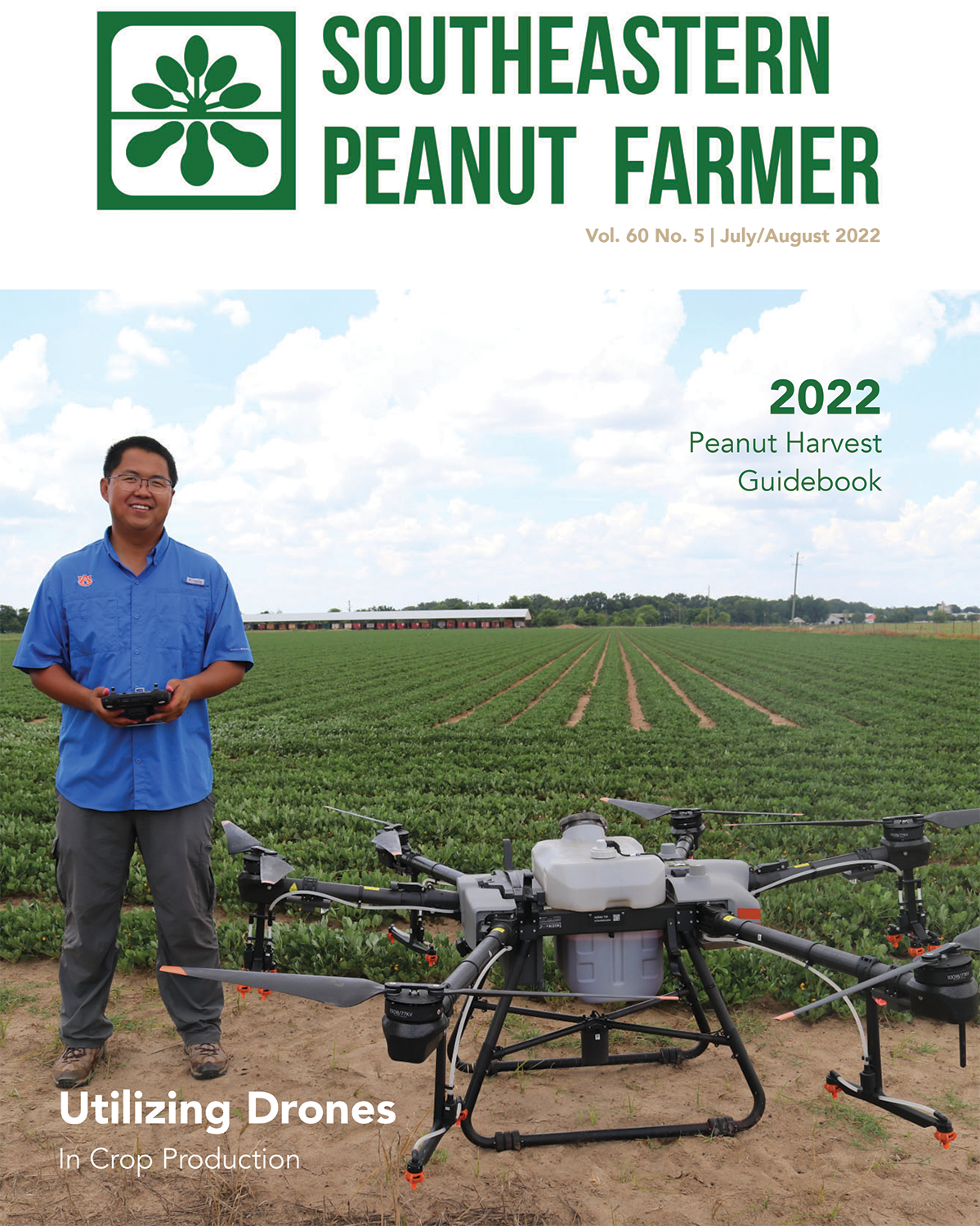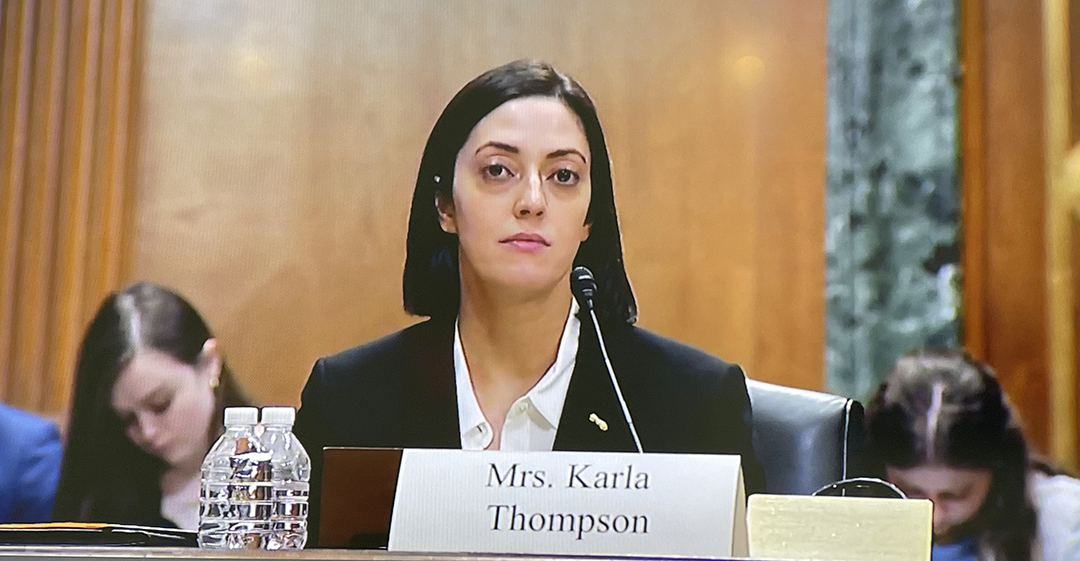 June 9, 2022, WASHINGTON, D.C. – The U.S. Senate Agriculture Subcommittee on Commodities, Risk Management, and Trade, held a hearing June 9, 2022, on “Agricultural Trade: Priorities and Issues Facing America’s Farmers.” Representing the U.S. Peanut Federation, Karla Baker Thompson with JET Farms Georgia and Integrity Farms of Camilla, Georgia, presented testimony on the export market for peanuts and some of the issues the peanut industry is facing.
June 9, 2022, WASHINGTON, D.C. – The U.S. Senate Agriculture Subcommittee on Commodities, Risk Management, and Trade, held a hearing June 9, 2022, on “Agricultural Trade: Priorities and Issues Facing America’s Farmers.” Representing the U.S. Peanut Federation, Karla Baker Thompson with JET Farms Georgia and Integrity Farms of Camilla, Georgia, presented testimony on the export market for peanuts and some of the issues the peanut industry is facing.
In Thompson’s testimony, she presented information on some of the major export markets. In Canada, the U.S. has witnessed an increase in the last few years, but it is still significantly off when compared to export numbers prior to 2013. In Japan, the U.S. has generally seen a flat trend line with significant market swings year after year. The U.S. has experienced a general upward trend in market share for Mexico. However, there are large swings in the Mexican market year after year. China is an unpredictable market for U.S. peanuts. While the China market made a large purchase of U.S. peanuts in 2016 and then again in 2020, there is clearly no consistency in U.S. peanut export sales to China.
Thompson highlighted the decline in peanut exports to the European Union (EU) for U.S. peanuts. While the EU market saw a significant increase over 2021 in the first 3 months of 2022, the overall trend line since 2003 has been downward. The U.S. market share decreased in the EU from approximately 40 percent in 2003 to 14 percent in 2021. Much of this market share loss has been to developing countries. The increase in U.S. market share in early 2022 is deceptive since the overall U.S. peanut exports to the EU have decreased drastically since 2003.
“A look at our major export markets shows some of the issues we are facing. Our best markets, and those with the most potential for growth, are the markets that pay premium prices,” Thompson says. “These markets provide prices that are profitable for exporters and have an impact on grower prices. Unfortunately, some of these best markets are not healthy.”
U.S. Senator Reverend Raphael Warnock, D-Georgia, Chairman of the Subcommittee, opened the hearing stating, “Today’s hearing, titled ‘Agricultural Trade: Priorities and Issues Facing America’s Farmers,’ is an opportunity for members of this Subcommittee to hear directly from our farmers regarding their trade challenges and priorities in today’s changing economy. Just last week, I spent time in Musella, Georgia, meeting with a group of farmers and agriculture leaders to discuss the stress our farmers are experiencing. The message I heard was clear – farming is always a tough job, but especially right now. Farmers in Georgia and throughout the country have been forced to navigate a tremendous amount of uncertainty over the last few years. Trade wars, COVID-19 supply chain disruptions, and Russia’s war in Ukraine have all sent shockwaves through global commodity markets.”
Chairman Warnock also commented on the peanut industry’s struggles with the EU, “Last year, I partnered with Senator Tuberville to highlight concerns to the U.S. Department of Agriculture (USDA) and the Office of the U.S. Trade Representative (USTR) raised by our peanut farmers in getting their products to market in Europe, and ways we need federal agencies to better coordinate and step up to help address this issue.”
In addition to Thompson, other individuals testifying include Gopi Munisamay, distinguished professor at the University of Georgia Department of Agricultural and Applied Economics, Sheryl Meshke, co-president and CEO of Associated Milk Producers Inc. and Neal Fisher, administrator of the North Dakota Wheat Commission.
The United States Peanut Federation (USPF) is comprised of the Southern Peanut Farmers Federation, the American Peanut Shellers Association, and the National Peanut Buying Points Association. USPF serves as a unified voice in Washington, D.C. for all sectors of the peanut industry and advocates actively for strong agricultural policy. For additional information, please contact the USPF at (202) 543-7464.
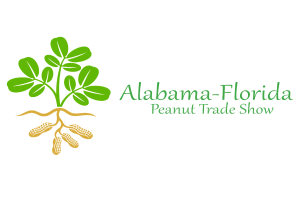 The 16th annual Alabama-Florida Peanut Trade Show is set to be held Thursday, Feb. 2, 2023, at the National Peanut Festival Fairgrounds, located on Hwy. 231 South in Dothan, Alabama.
The 16th annual Alabama-Florida Peanut Trade Show is set to be held Thursday, Feb. 2, 2023, at the National Peanut Festival Fairgrounds, located on Hwy. 231 South in Dothan, Alabama.
 (Dec. 19, 2022) – Last week, the U.S. Department of Agriculture (USDA) mailed the 2022 Census of Agriculture paper questionnaires to all known agriculture producers across the nation and Puerto Rico.
(Dec. 19, 2022) – Last week, the U.S. Department of Agriculture (USDA) mailed the 2022 Census of Agriculture paper questionnaires to all known agriculture producers across the nation and Puerto Rico.  The National Peanut Board held its last meeting of 2022, Dec. 5 – 6, 2022, in Atlanta, Georgia. The Board approved a new slate of officers for a one-year term beginning on
The National Peanut Board held its last meeting of 2022, Dec. 5 – 6, 2022, in Atlanta, Georgia. The Board approved a new slate of officers for a one-year term beginning on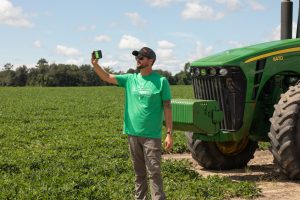 Jim McArthur, better known as Randy the Farmer, has taken the social media platforms Tik Tok and YouTube by storm. He is well known for his comedic videos, especially when it comes to his infamous tripping and crazy wig. His fame due to his farming was a long time coming though.
Jim McArthur, better known as Randy the Farmer, has taken the social media platforms Tik Tok and YouTube by storm. He is well known for his comedic videos, especially when it comes to his infamous tripping and crazy wig. His fame due to his farming was a long time coming though. Kaycee Rippey joined the Alabama Peanut Producers Association (APPA) staff on Nov. 3, 2022, as the Communications Coordinator. Rippey holds a bachelor’s degree in Animal Sciences with a minor in Communications from Auburn University. She has been involved in agriculture throughout her life and has a passion to see it thrive.
Kaycee Rippey joined the Alabama Peanut Producers Association (APPA) staff on Nov. 3, 2022, as the Communications Coordinator. Rippey holds a bachelor’s degree in Animal Sciences with a minor in Communications from Auburn University. She has been involved in agriculture throughout her life and has a passion to see it thrive.
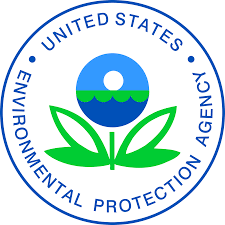 Earthjustice petitioned the U.S. Environmental Protection Agency to revoke tolerances and cancel registrations for the food uses of organophosphates. The U.S Peanut Federation, Georgia Peanut Commission, American Peanut Shellers Association and other peanut organizations filed comments in opposition to the revocation of tolerances or cancellation of registrations for certain organophosphate uses.
Earthjustice petitioned the U.S. Environmental Protection Agency to revoke tolerances and cancel registrations for the food uses of organophosphates. The U.S Peanut Federation, Georgia Peanut Commission, American Peanut Shellers Association and other peanut organizations filed comments in opposition to the revocation of tolerances or cancellation of registrations for certain organophosphate uses.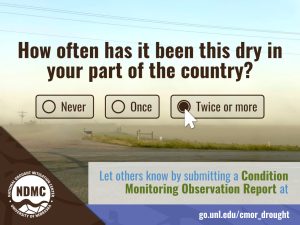 The National Drought Mitigation Center, the National Integrated Drought Information System and the U.S. Department of Agriculture’s Climate Hubs are working with states, tribes and others across the country to collect Condition Monitoring Observer Reports on
The National Drought Mitigation Center, the National Integrated Drought Information System and the U.S. Department of Agriculture’s Climate Hubs are working with states, tribes and others across the country to collect Condition Monitoring Observer Reports on